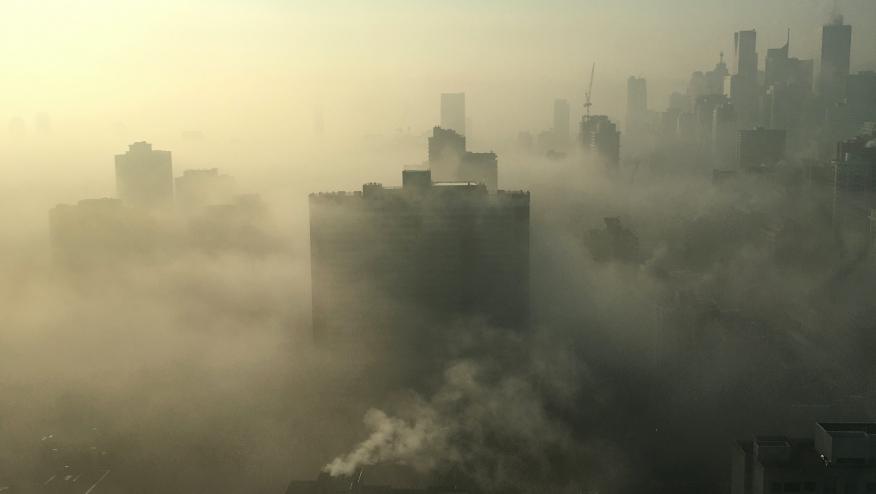Polycyclic Aromatic Hydrocarbons Increase Lupus Risk Save

A case-controlled study shows environmental exposure to polycyclic aromatic hydrocarbons (PAH) may increase the risk of developing systemic lupus erythematosus (SLE).
This case-control study compared 316 SLE patients and 851 healthy controls (HCs) and assessed their environmental exposure to PAH by questionnaire. Blood samples collected from a subset (89 HCs, 85 inactive, and 95 active SLE) to measure serum benzo[a]pyrene diol epoxide -albumin (BPDE-Alb) adducts and PAH concentrations, to assess long-term and short-term exposure respectively.
Diverse patterns of environmental factors affected SLE risk.
PAH exposure levels progressively increase from HCs to inactive and active SLE patients.
Lifestyle exposure was a stronger determinant of SLE onset than occupational exposure to PAH in women under 35.
Indoor air pollution had a significant impact on SLE risk compared to outdoor air pollution.
Active SLE patients show markedly higher serum BPDE-Alb, indicating long-term PAH exposure (compared to HC)
Environmental PAH, particularly lifestyle-related, are significant, yet under-recognized, risk factors for SLE.










If you are a health practitioner, you may Login/Register to comment.
Due to the nature of these comment forums, only health practitioners are allowed to comment at this time.